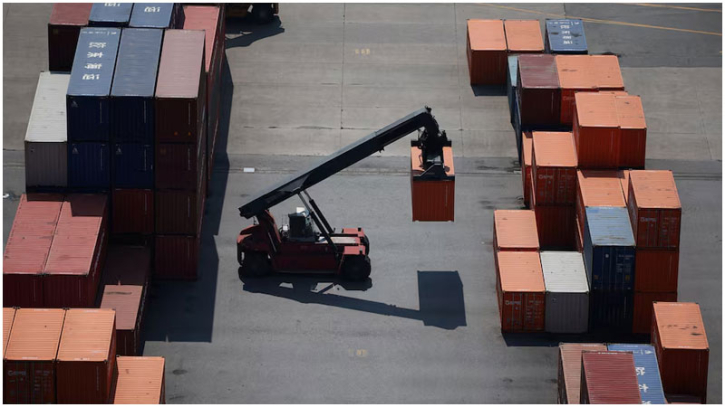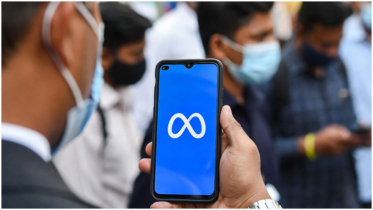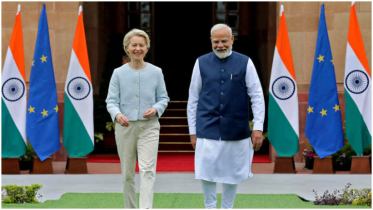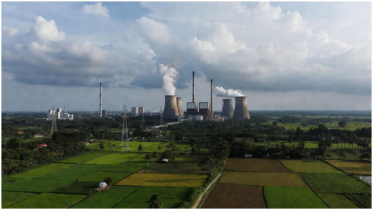Trump imposes 15% tariff on South Korean imports amid new trade deal

US President Donald Trump announced Wednesday that the United States will impose a 15% tariff on imports from South Korea, as part of what he described as a “full and complete trade deal” between the two countries.
In a post on his Truth Social platform, Trump said South Korea had agreed to invest $350 billion in the United States and commit to purchasing $100 billion worth of U.S. energy products, including liquefied natural gas.
The new tariff rate is lower than the 25% previously threatened and aligns with levels applied to other U.S. trade partners, including Japan and the European Union. Trump added that an unspecified “large sum” in additional investment would be disclosed during a White House visit by South Korean President Lee Jae Myung in two weeks.
“I want to congratulate President Lee on his electoral success,” Trump said. The upcoming meeting will mark the first between the two leaders since Lee took office in June.
In a statement on Facebook, Lee described the agreement as “the first major trade challenge” of his presidency, calling it a significant step toward stabilizing South Korea’s export-dependent economy.
“Through this deal, the government has eliminated uncertainty surrounding export conditions and ensured that U.S. tariffs on our exports are either lower than or equal to those imposed on our major trade competitors,” Lee said.
Lee came to power last month following the impeachment of his predecessor, Yoon Suk Yeol, over his controversial declaration of martial law in December.
Since returning to office in January, Trump has rolled out a 10% general tariff on goods from both allies and rivals, with steeper duties planned for August 1. On Wednesday, he also announced 25% tariffs on Indian imports and 50% on Brazilian goods, citing retaliation against what he termed a political “witch hunt” targeting former Brazilian President Jair Bolsonaro.
The U.S.–South Korea agreement signals a balancing act between Trump’s protectionist agenda and strategic economic alliances, offering Seoul preferential treatment amid escalating global trade tensions.
.png)




